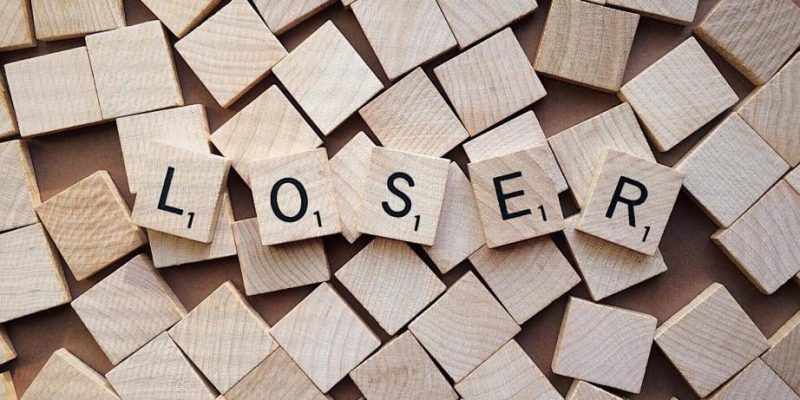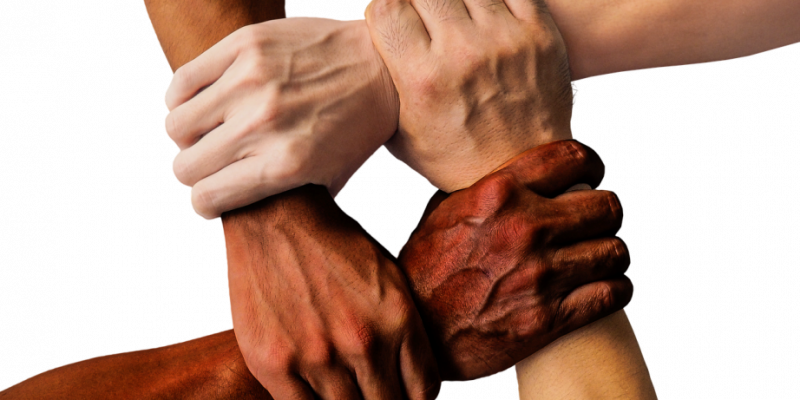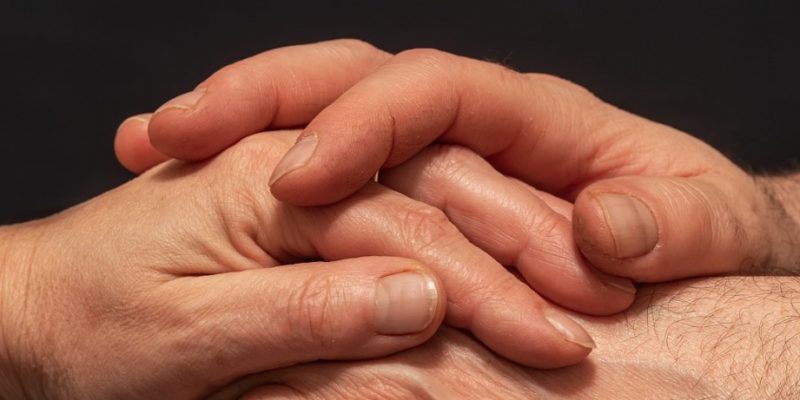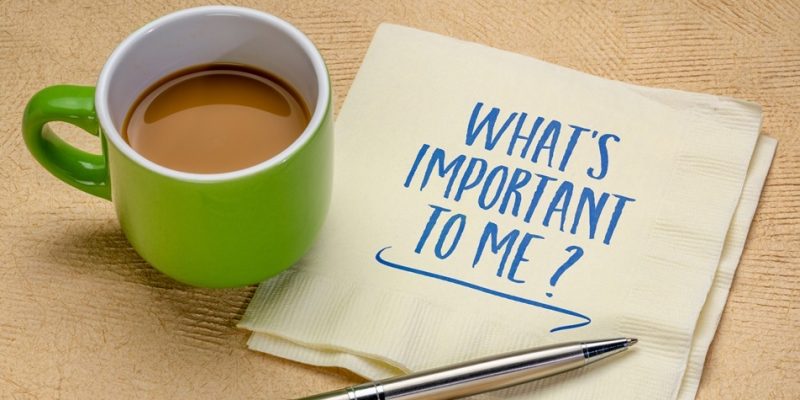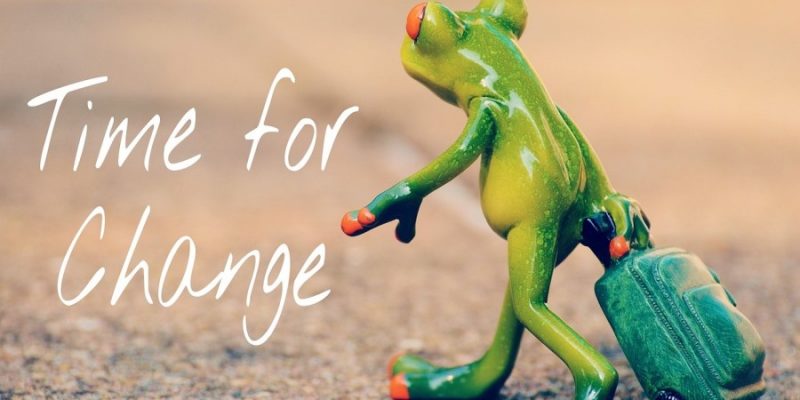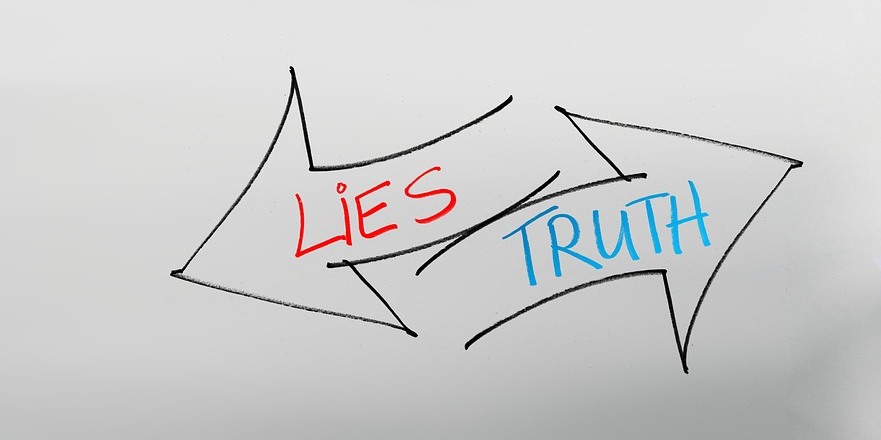
Do we always need to be honest? You know, this is something we learn from our parents, in school, from society, and so on. Typically, honesty is highly valued in society and the preferred “policy.” We are taught not to lie. Moreover, it’s generally thought that lying and dishonesty should be punished.
But you see, I think that the idea of always needing to be honest is just part of our ethical belief system. A psychological system put in place by those in power over other man in order to nurture fear, and thereby — rule for personal benefit, enrichment, and a so-called “ordered, functional society.” Because let’s be honest here: it’s more often than not that those who are in power are — dishonest.
In the end, being honest or dishonest depends on our concept of what’s ethically just. But then, what actions are really morally justified, not merely on the level of laws and what society “thinks,” but especially in the personal or even in the universal realm?

I found for myself that actions that serve the happiness of both ourselves and of others are the preferable actions. And that’s of course also a (moral) concept, with the difference that it’s my own personal one, and one that makes me happy.
It means that according to my concept, we should be honest if it makes us and others happy, and if not — we need to be dishonest.
Okay, let’s take an example: it’s the Second World War and you hide the Jewish family Rosenstein in a secret space in your house. The Germans come in and ask if you have some information about the whereabouts of the family Rosenstein. Should you be honest or lie?
In this particular case you’d probably decide to lie, because you think that doing so is the right thing to do because it serves your and the family Rosensteins’ happiness. However, the strange thing is that one could say we made Herr Hitler unhappy, but as he doesn’t know about it, no harm done, isn’t there?
Another example: you cheat on your wife. Should you tell her or not? Well — if you think it serves both your and your wife’s happiness, you should. If you think it won’t serve, but will only bring unhappiness, well, you shouldn’t. To me, that’s all there’s to it.
When to be honest or dishonest is an ethical decision. It depends on your belief system; when you act against your beliefs there’s fear and guilt, and when you act according to them there’s freedom.
What do you believe?






